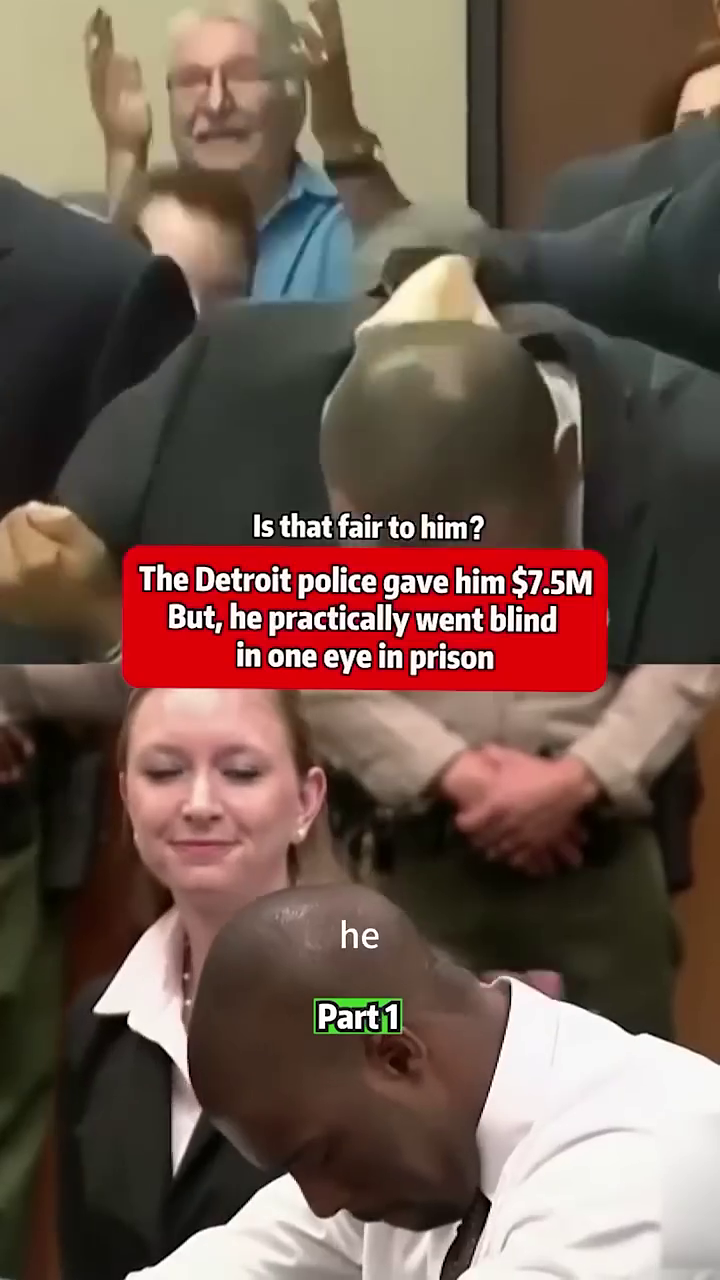Sanford’s personal experience lends immense credibility and empathy to his work. He is not just an advocate; he is living proof of the system’s capacity for error and the profound impact it has on individuals and families. His commitment to empowering the next generation is a powerful testament to his desire to create a more just and equitable future.
Lessons Learned and the Path Forward
Davontae Sanford’s case offers crucial lessons for the American criminal justice system:
-
The Peril of False Confessions: It underscores the extreme vulnerability of juveniles during police interrogations and highlights the critical need for safeguards, such as the mandatory presence of a parent or attorney, and fully recorded interrogations from start to finish.
-
Accountability for Misconduct: The exposure of police misconduct in Sanford’s case emphasizes the importance of robust oversight mechanisms, internal investigations, and meaningful accountability for officers who violate ethical and legal standards. Without accountability, trust in law enforcement erodes.
-
The Power of Exoneration Movements: Sanford’s release was the result of persistent advocacy, investigative journalism, and the tireless efforts of legal teams dedicated to overturning wrongful convictions. These movements are essential checks on the system, bringing to light injustices that might otherwise remain hidden.
-
The Need for Comprehensive Reform: Davontae Sanford’s story is not an isolated incident. It is part of a broader pattern of wrongful convictions that disproportionately affect marginalized communities. True justice requires systemic reforms that address issues such as eyewitness misidentification, inadequate legal representation, and flawed forensic science.
Davontae Sanford’s journey from victim to victor, from an incarcerated youth to a passionate advocate, is a powerful and inspiring narrative. His courage, resilience, and unwavering commitment to justice serve as a reminder that even in the face of the darkest injustices, hope can prevail. Through “Innocent Dreams,” he is not only transforming individual lives but also contributing to a larger movement for criminal justice reform, ensuring that his suffering was not in vain, and that others may find their own path to freedom and a brighter future. His story resonates deeply, a living embodiment of the truth that justice delayed does not have to mean justice denied.

